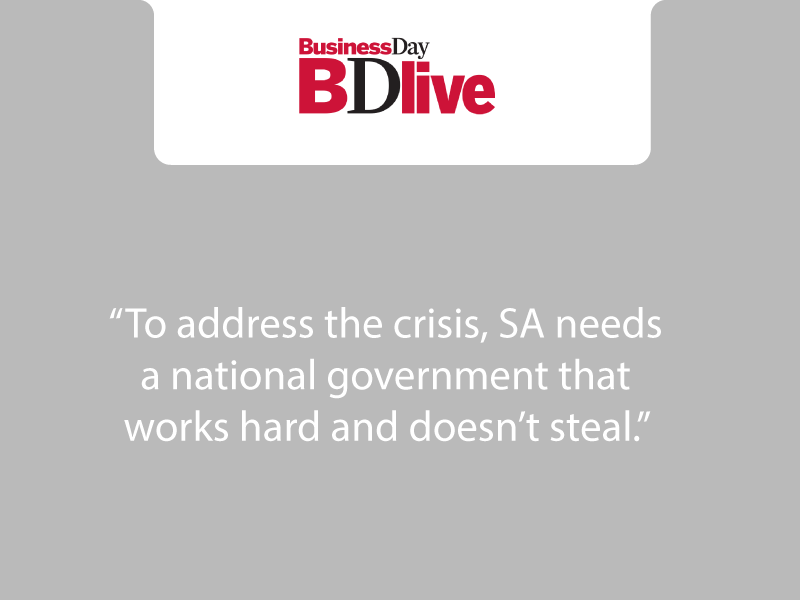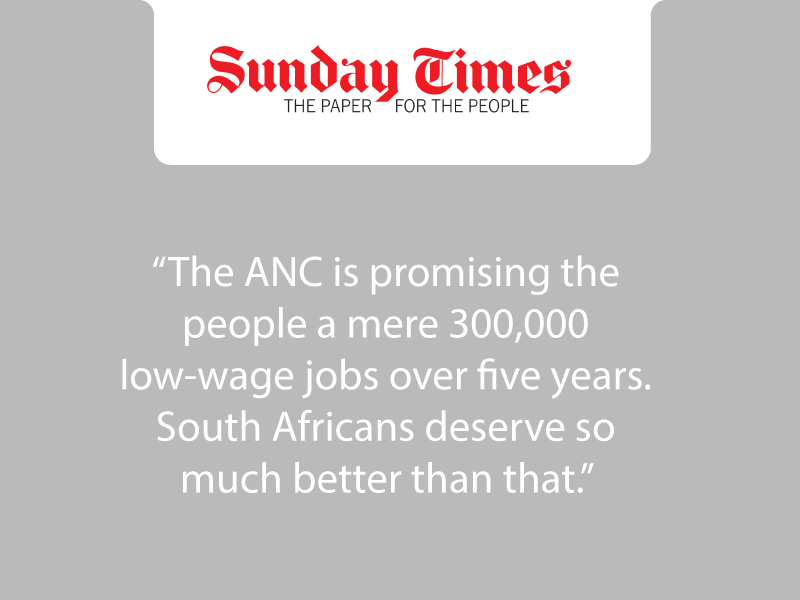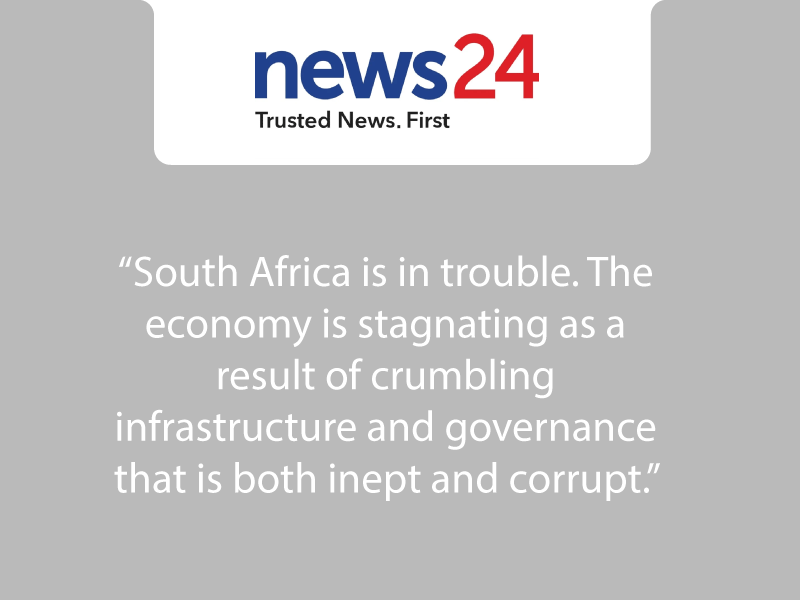
In South Africa and all over the world, state education systems are struggling to cope with growing demands for a good, basic education, let alone being able to provide the skills required by the 21st century global economy. Private education companies can play a significant role in meeting the demand for basic education and advanced technical skills.
In South Africa we have, by international standards, a low number of private schools with only around 2 per cent of 12,3 million school goers outside the state system. But the number of private schools has risen rapidly since 1994, and could rise further. If we are serious about achieving high quality, affordable education for all, we urgently need to tap this potential for good and encourage the private sector in education to expand to its full potential. But aren’t private schools just for the rich elite? And isn’t the typical for-profit school for the poor a shady ‘fly-by-night’ operation?
False perceptions
Both these perceptions are false. While elite colleges and fly-by-nights certainly exist, research commissioned by the IFC (International Finance Corporation, the private investment arm of the World Bank) shows that affordable, socially responsible, educationally effective and yet profitable private education companies are mushrooming all over the world, in both developed and developing countries, including South Africa. According to the ifc, in education, ‘profit and development can go hand-in-hand’.
Examples of effective and affordable education companies include Pitágoras Group, Radial and Collegio Oswaldo Cruz in Brazil; Delhi Public School Society and niit in India; Speciss College in Zimbabwe; tecsup in Peru; the National Federation of Coffee Growers’ Schools in Colombia, not to mention our own Educor and Advtech groups. All of these companies offer high-quality, affordable education and make a profit (or surplus) while doing so.
New research commissioned by South Africa’s leading market-oriented think-tank, the Centre for Development and Enterprise from Professor James Tooley, a prominent British education expert, analyses the results of the ifc study and explores the reasons for these schools’ success.
For-profit education companies are generally the products of entrepreneurial talent responding to a public education system that is widely understood to be inadequate.
These companies invest heavily in research and development (most have dedicated R&D departments developing more efficient ways of teaching and learning). Staying ahead technologically contributes to product innovation and cost reduction. The Brazilian private colleges, for example, are pioneers in the use of television and the internet in teaching.
Good branding and expansion are significant success factors. Successful education companies develop well-known brands and aim to grow large not just to increase revenues but because parents are attracted to sizeable, well-marketed firms. Consumers are generally aware of the dangers posed by fly-by-night operators and so they gravitate towards large established brands.
Quality control is another essential ingredient of success. Most education companies have rigorous training and monitoring programmes, often involving standardised tests and parent surveys. Perhaps the most significant success factor in many private schools says the ifc, is for-profit status which is conducive to educational efficiency and quality in surprising ways. For example, for-profit companies are often among the biggest investors in quality improvement. This may be because non-profit surpluses are easily expropriated through salary increases, while profits tend to be more carefully guarded by directors and shareholders and are more likely to be re-invested in ways that increase long-term sustainability.
Public interest
Efficiency, innovation and strict quality control procedures may satisfy investors and students at private schools. But critics still worry that they are elitist and unfair. They shouldn’t: there are many reasons why private schools are very much in the broad public interest.
First, we shouldn’t forget that public education is seldom free. If school fees and other costs (uniforms and transport) are properly accounted for, the gap between costs for public and private schools narrows considerably. In Indonesia, the cost of private education at senior high school level averages only 30 per cent more than the cost of attending a government high school. Here in South Africa, state schools charge as much as R 10,000 a year and private schools can charge as little as R 2,000 a year.
In fact, most private education institutions in the developing world charge modest fees and are accessible to poorer families. Expensive, elite private schools are in fact a small minority among private schools globally and in South Africa. What’s more, many companies’ student loan schemes were shown by the ifc study to promote access, making quality learning available to poorer students. In Peru, for example, the tecsup technical school offers a highly successful company-run loan system. The result is that a majority of the students at this school come from families earning less than R4000 per month.
Another way in which education companies can make access for lower income groups easier is cross-subsidisation. For example, career development courses often subsidise more basic education courses in South America or obsolete computer equipment is moved from city schools to rural areas (where it is still relatively advanced) in India.
Education companies can also play a significant role in public education through public-private partnerships. Often initiated by governments due to the higher quality of the private alternative, these involve public authorities funding schools with the private sector managing them. This transfer of funds, suitably contractually protected, to a known private education brand can reap the benefits of efficiency, innovation and quality control. There are examples of this in Brazil, Colombia, India and the United States.
What’s more, in education – as in so many areas – increased competition improves quality throughout the school system. Recent American research published by the influential Manhattan Institute confirms that the existence of alternatives is good for everyone, even those pupils who can’t attend private schools.
Private schools are already popular and successful in South Africa, while our state system continues to struggle despite ever-increasing sums of money being spent on it. Isn’t it time the government took note of this reality and encouraged the growth of high-quality private schools accessible to all South Africans?
- Ann Bernstein is the executive director of the Centre for Development and Enterprise. This article is based on the CDE publication ‘Profitable and affordable: private education in the developing world’ (September 2003).




